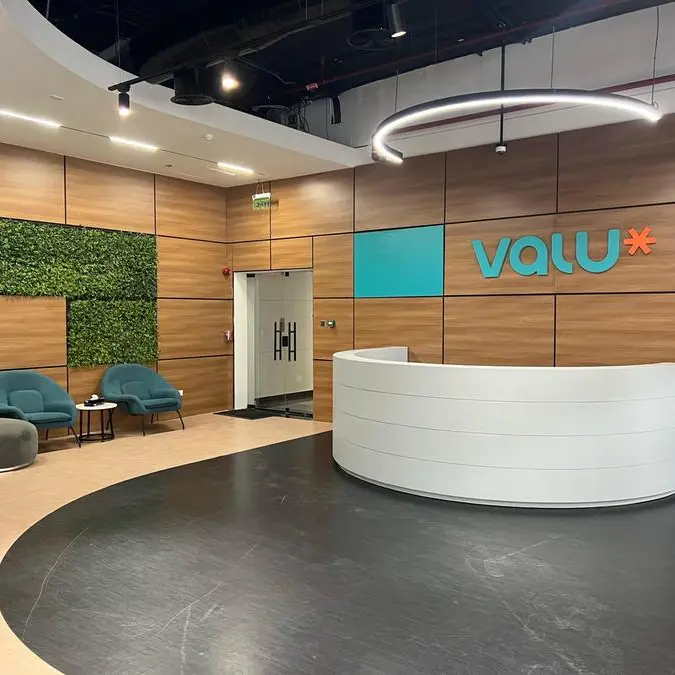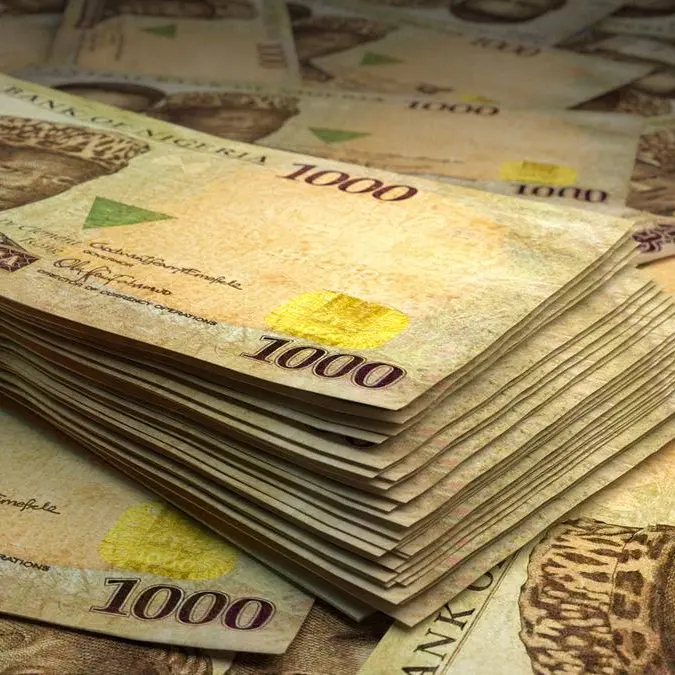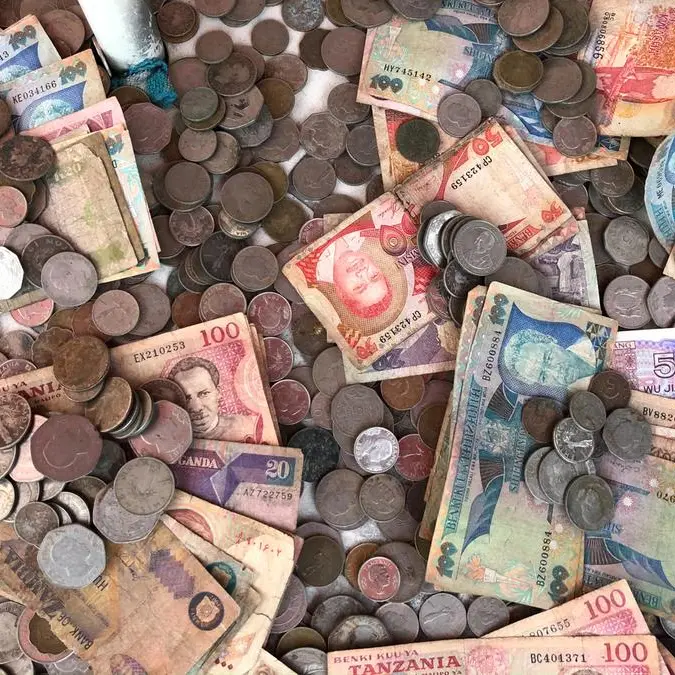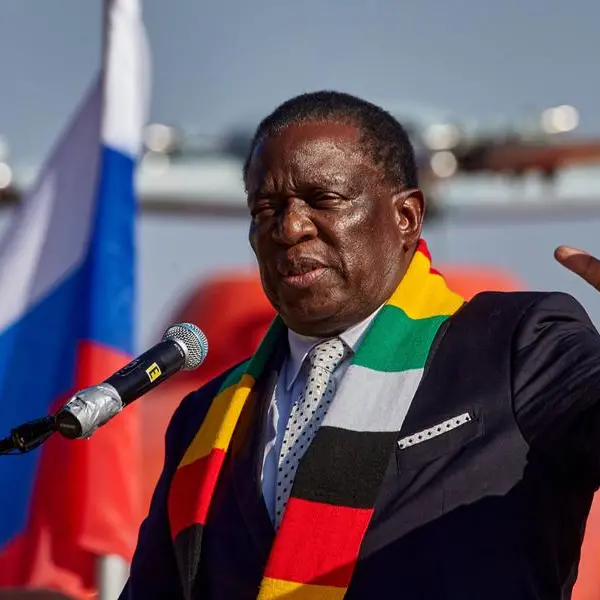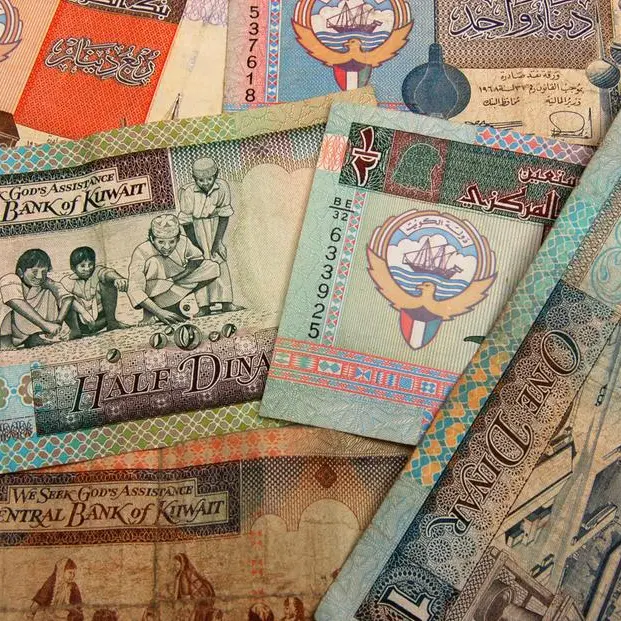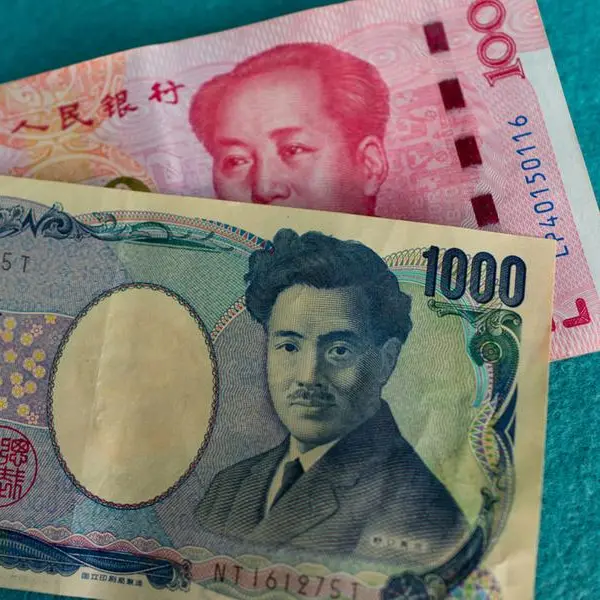PHOTO
The East African Development Bank (EADB) has written off loans amounting to $13.03 million, highlighting the economic constraints facing its member countries after Uganda defaulted on a $1.02 million loan last year.
The lender disclosed in its audited financial statements that during the year (2023) it “de-recognised” the loans out of which assets available for sale amounting to $3.4 million were booked.
This is a significant jump compared with $140,000 worth of loans that were written off in 2022.
The loans were secured by landed properties, which are now available for sale, including apartment blocks and land in different locations.“It has been estimated that the sale process will take approximately one year and therefore the estimated sale values have been discounted to the present values at the time of reporting,” the lender says.
The Bank is reasonably certain that the sale will take place within the estimated period.”De-recognition is the process of removing a previously recognised debt from an entity's statement of financial position, which occurs when the obligation is discharged, cancelled, or expires.
Financial assets are written off when there is no reasonable expectation of recovery, such as a debtor failing to engage in a repayment plan with the bank.
Where loans or receivables have been written off, the bank continues with enforcement to recover the amounts due.
Usually, banks write off bad loans to assume a more attractive position and reduce its tax liability.
According to the audited statements, Tanzania constituted the bulk of the gross loan balances owed to the lender -- amounting to $72.83 million (63 percent) by December 31, 2023 -- followed by Uganda ($33.03 million, 28 percent), Kenya ($7.15 million, six percent) and Rwanda ($3.39 million, three percent).
The report notes that all loans disbursed to member countries were performing as of December 31, 2013, save for Uganda, which had $1.02 million of its gross loans ($33.03 million) in default or non-performing.
Kenya resumed repayment of its loans after defaulting on a $5.2 million repayment in 2022.
EADB’s net profit for the year ended December 31, 2023, jumped 98 percent to $13.05 million, from $6.59 million in 2022, while loans and advances to customers declined nine percent to $114.5 million, from $126.16 million in the same period the previous year.
Bad loans had stifled the lender’s growth, pushing it into persistent losses as investors became hesitant to release money to the bank for on-lending.
EABD is owned by the four countries — Kenya, Tanzania, Uganda and Rwanda — which collectively own the ordinary class A shares, while class B shareholders comprise financial institutions such as the African Development Bank, FMO – Netherlands Development Finance, NCBA Bank Kenya Ltd, Standard Chartered Bank London and Barclays Bank Plc.
Read: World Bank: Funding squeeze not behind Africa yetLast year, Rwanda increased its stake in the bank by acquiring an additional 3.38 percent stake valued at $7.76 million.
The acquisition of additional 575 class A shares increased Rwanda’s stake in the bank to 18.21 percent,from 14.83 percent in 2022, increasing Rwanda’s total investments in the bank to $38.17 million from $30.41 millionThe other three shareholders own 24.46 percent each.
The bank’s authorised number of Class A ordinary shares is 144,000 at a par value of $13,500 each and are available for subscription to only member states and in equal proportion.
On the other hand, the authorised number of Class B ordinary shares is 16,000 at a par value of $13,500 each and are available for subscription to investors other than member states.
The EADB was created under the Treaty for the East African Cooperation of 1967, which was subsequently amended and re-enacted as the Treaty and Charter of the East African Development Bank in 1980.
Its current membership is comprising of the four East African countries and its head office is in Kampala.
The bank supports economic development in member states through medium and long-term lending of financially viable and socially sustainable projects.
© Copyright 2022 Nation Media Group. All Rights Reserved. Provided by SyndiGate Media Inc. (Syndigate.info).


